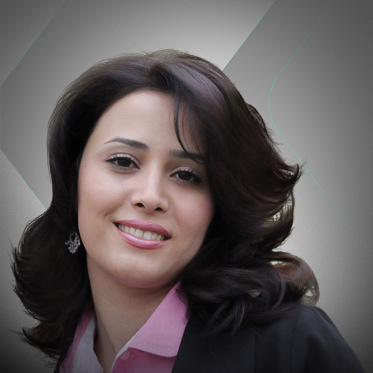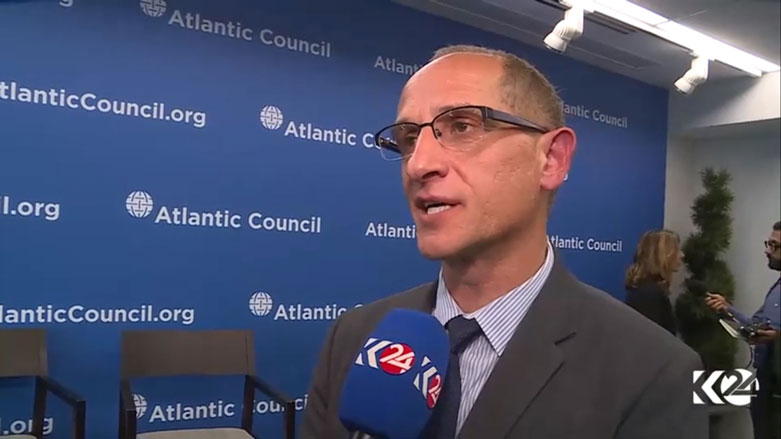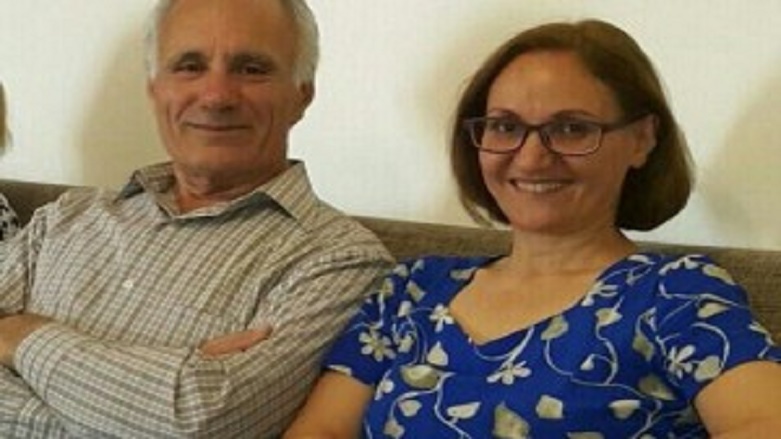Hundreds of Kurdish children education-deprived in Iran
.jpg)
ERBIL, Kurdistan Region (K24) – In 2015, fifty-three children, between the ages of 6 and 11, in the city of Poldasht, Western Azerbaijan Province, could not attend school due to poverty. Poldasht has a population of 18,000 and is located in the North West of Iran, near the Turkish border.
In this province, 268 students in their first and second year of high school also dropped out of school, according to Fars, the state-run Iranian news agency.
In a statement, Mojtaba Talebi, the Chairman of Western Azerbaijan Province Education, warned about the increasing rate of illiteracy in this region.
In the spring, Iranian officials announced that 1500 students in the Western Azerbaijan province, that is home to Kurdish and Turkish ethnic minorities, have been unable to continue their education.
Kurdistan Province officials announced in October that 391 children have missed out on school in 2015, but 193 of them are now registered. Reportedly, 160 homeless children live in Sina (Sanandaj), the capital city of the Kurdistan Province, but are not included in the official statistics of the 391 students who have been denied education.
According to the Iranian laws, elementary and high school education should be free and available to everyone. The schools do not charge tuition, but families have to provide their children’s textbooks, stationeries, and school attire and pay for transportation costs. Many Kurdish families in villages are not able to cover those expenses.
Although Iran is rich with resources, the Kurdish region flounders.
Most students who are not attending school are now working odd jobs to provide for their families. Many female high school students are denied education in poor villages because of their gender.
Provinces such as Baluchestan, Khuzestan, Lorestan and Kurdistan–which are located near the borders of Iran— are home to non-Persian ethnic groups, and are underdeveloped. For the children in these regions, the first grade of elementary school is often a traumatic experience, since they have to learn literacy along with a new language.
According to The United Nations Educational, Scientific and Cultural Organization (UNESCO) Constitution, the States parties believe “in full and equal opportunities of education for all, in the unrestricted pursuit of objective truth and in the free exchange of ideas and knowledge.”
Many children in the Kurdish region of Iran (Rojhalat) are denied the right to education.


.jpg)
